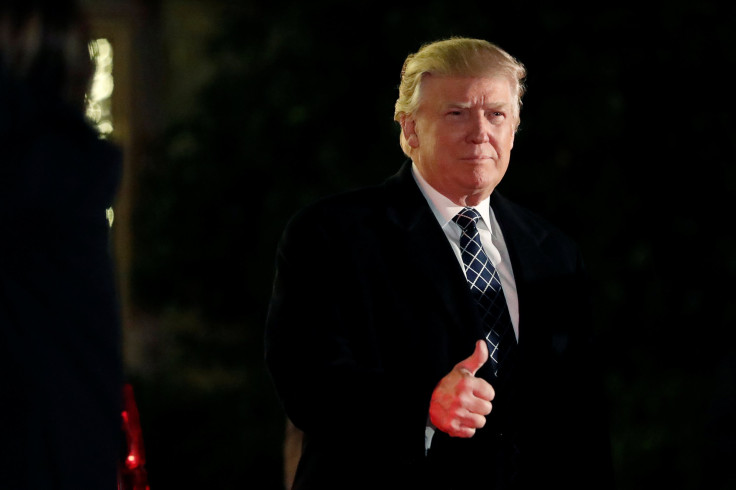Climate Change Refugees: Military Officials Warn Of 'Unimaginable Scale' Of Displacement With Global Warming

Barring a shift from current trends, the growing threat of climate change will cause a refugee crisis of “unimaginable scale” and could prove to be the greatest security threat in the 21st century, according to senior military officials interviewed by the Guardian.
Rising greenhouse gas levels in the atmosphere, which trap heat and lead to global warming, have not been sufficiently contained in recent years, and there are growing concerns about the issue with President-elect Donald Trump supporting carbon-emitting fuel sources. The impact of climate change, however, has already been felt worldwide and events like the rise of terrorist groups in the Middle East and the Arab Spring are said to have been influenced by the changing climate. Those massive disruptions in regional order have already led to millions of displaced citizens.
“Climate change is the greatest security threat of the 21st century,” Munir Muniruzzaman, the chairman of the Global Military Advisory Council on Climate Change and a former military adviser in Bangladesh, said in the Sunday report.
Rising sea levels in Bangladesh can flood 20 percent of the country. “We’re going to see refugee problems on an unimaginable scale, potentially above 30 million people,” Muniruzzaman said.
Climate change has already caused some migration. Squeezed by food scarcity from events like droughts or destroyed crops, water scarcity and extreme weather that ravages disadvantaged towns and nations, some have already begun looking to more stable environments to move to. Continued climate effects are going to exacerbate those conditions, a U.S. official said.
“Climate change impacts are also acting as an accelerant of instability in parts of the world on Europe’s doorstep, including the Middle East and Africa,” Brig. Gen. Stephen Cheney, the CEO of the Washington, D.C., nonprofit the American Security Project and a member of the U.S. State Department’s foreign affairs policy board, said.
Trump has repeatedly denied the legitimacy of climate change both on the campaign trail and since his surprise victory last month.
The president-elect has indicated that he plans on cutting climate research from NASA’s responsibilities. Doing so could threaten scientist understanding of Earth’s processes and the full extent of ongoing climate change effects. Trump has also indicated a willingness to reverse some of President Barack Obama’s more ambitious climate change measures, though any such decision would likely face many political obstacles.
© Copyright IBTimes 2025. All rights reserved.






















